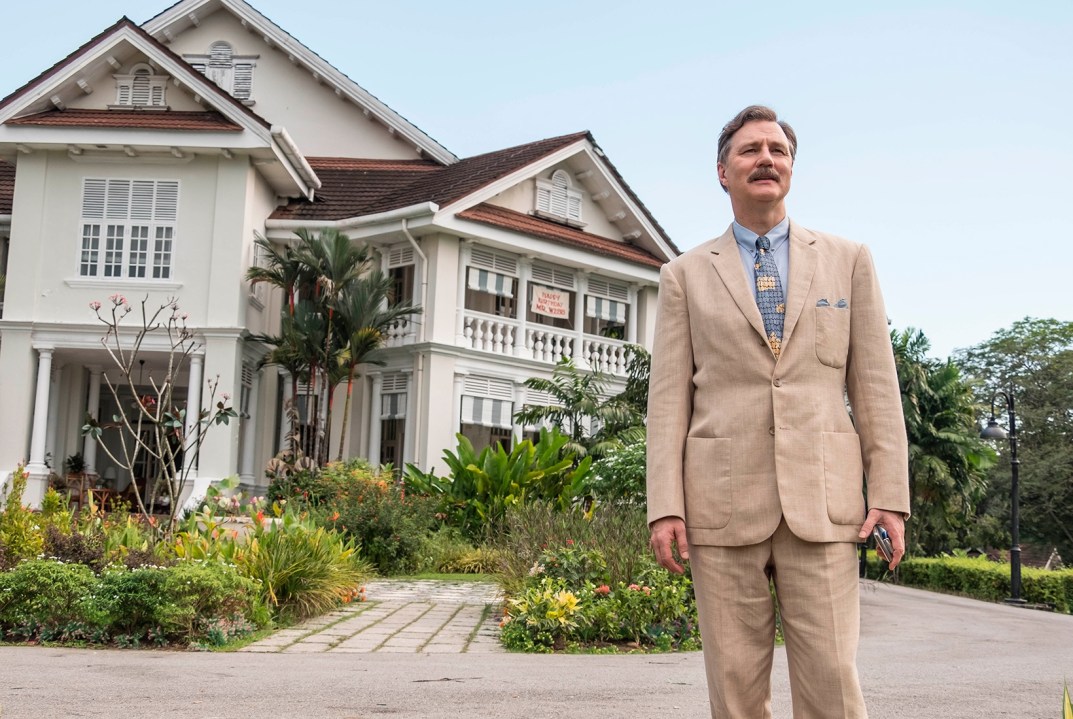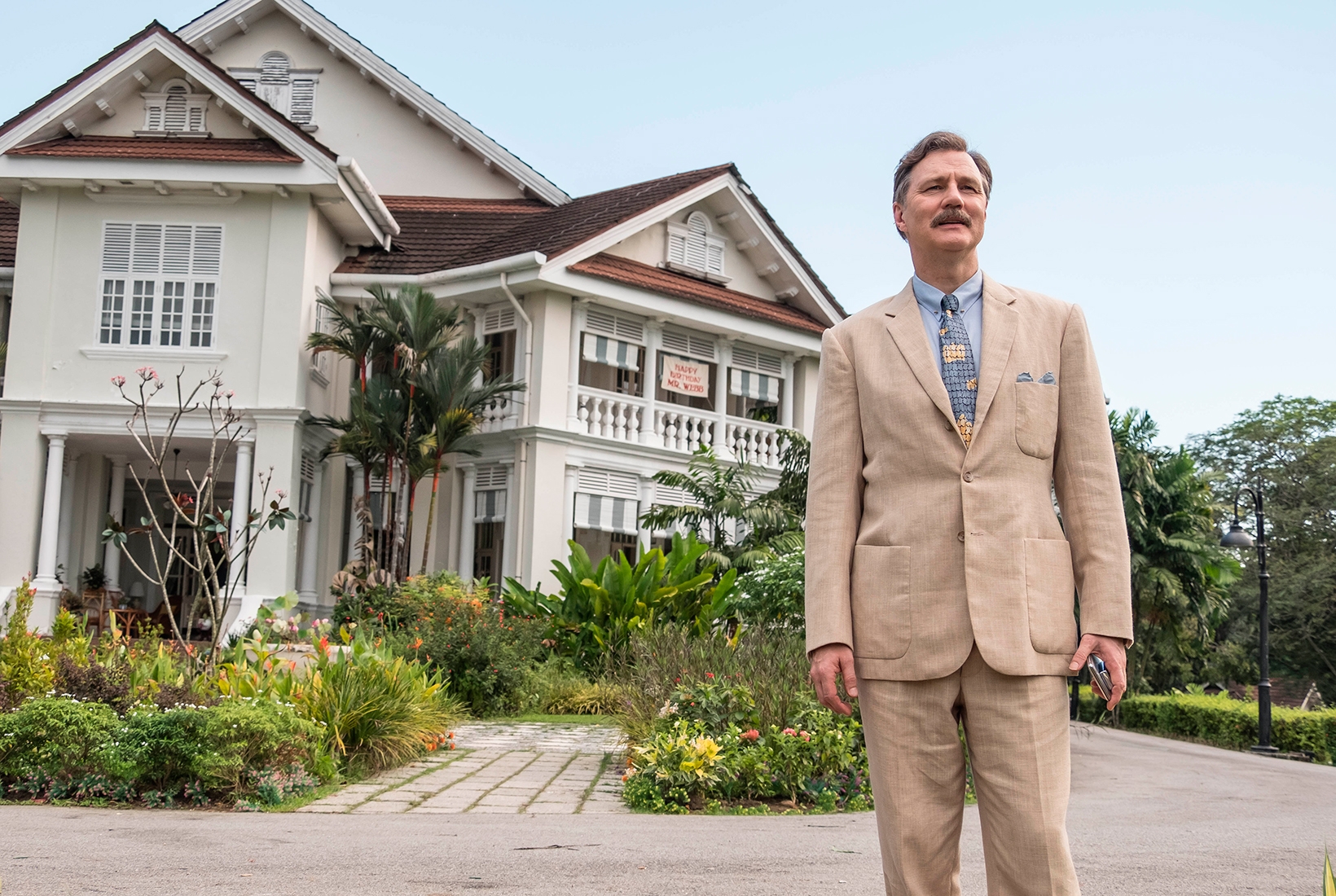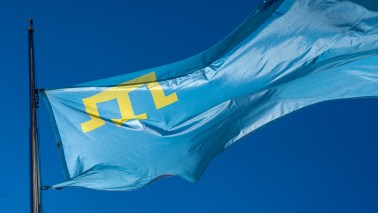‘Art is dead,’ declared Mark Steyn recently. He was referring to the new rules — copied from the Baftas — whereby to qualify for the Oscars your movie must have the correct quota of gay/ethnic minority/transgender/etc people. This, he argued, will lead to the kind of leaden, politicised, phoney art we associate with communist regimes in the Soviet era and which, not so long ago, we used to find eminently mockable.
If British and American producers want to lose money on TV shows and movies that no one wants to watch, then good luck to them. All that matters is that there’ll be enough brave dissenters out there to say: ‘Sod the awards. I’ll just make the kind of show that I want to make — and hope it strikes a chord with all those viewers out there who prefer not to be treated like idiots…’
This is the Sunday night TV many of us feared they’d never dare make any more
Two of the programmes I saw this week gave me great hope. First is The Singapore Grip, encouragingly given a grudging two-star review in the Guardian and condemned by the British East Asian advocacy organisation Beats for its ‘harmful non-representation’ of Asian characters and its ‘breezy and inconsequential’ depiction of a traumatic period in the country’s history. Yes! More of this, please!
As perhaps you’d expect from a satirical novel published in 1978 (by that Irish connoisseur of imperial humiliation J.G. Farrell), the series is indeed Anglo- and British colonial-centric. But why is that a problem? As dramatic material goes I can scarcely imagine a historical era more redolent of hubris and the thrilling revolution of fortune’s wheel than moneyed, pampered rubber planters in ‘impregnable’ early 1940s Singapore before and after the Japanese takeover. The cast — David Morrissey, Charles Dance, Elizabeth Tan, etc — is splendid, the colonial setting lavishly realised, and the plot warming up nicely as our proto-woke hero, played by Luke Treadaway, flies in with his modish left-wing views, all set to be appalled by the settlers’ attitudes.









Comments
Join the debate for just £1 a month
Be part of the conversation with other Spectator readers by getting your first three months for £3.
UNLOCK ACCESS Just £1 a monthAlready a subscriber? Log in